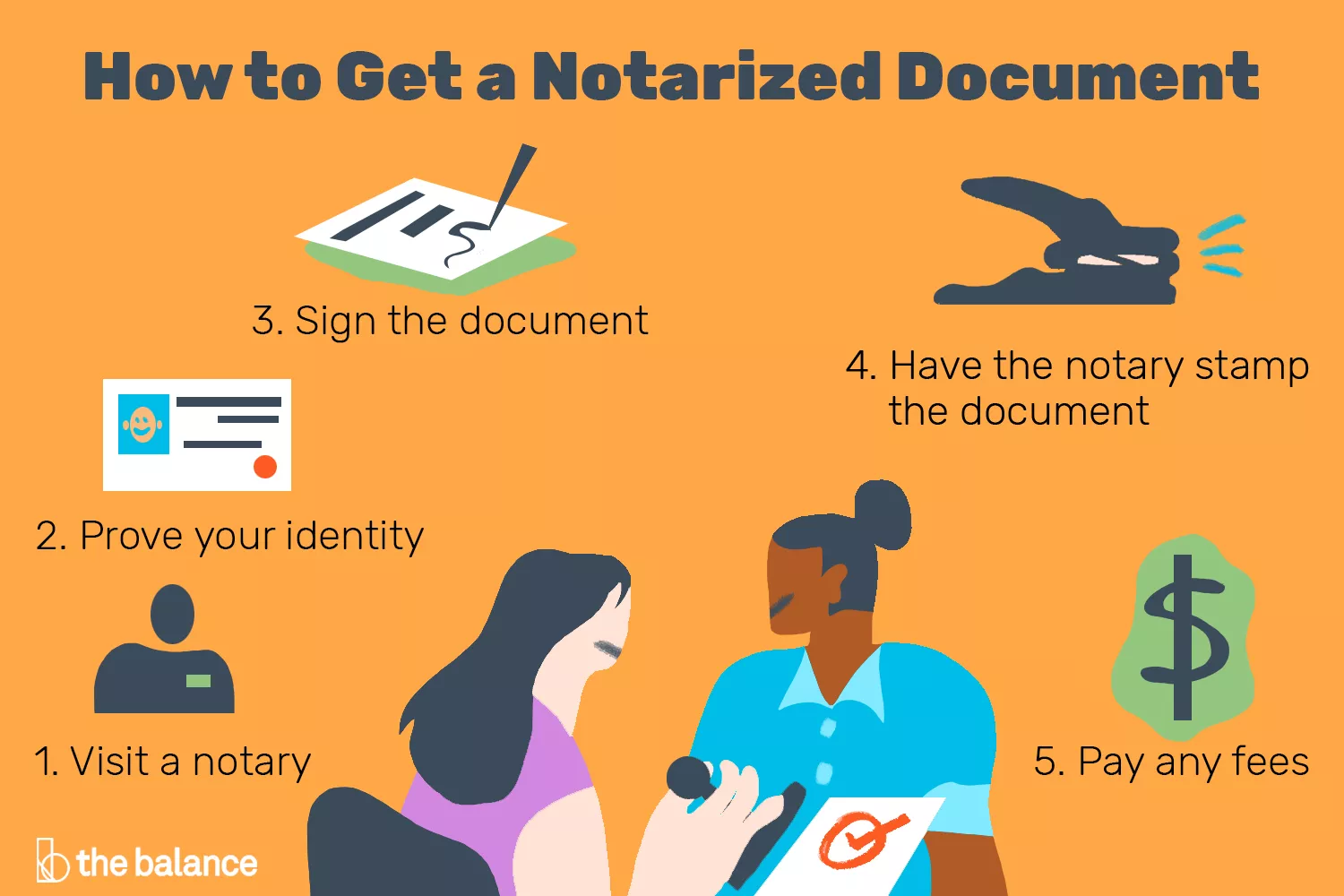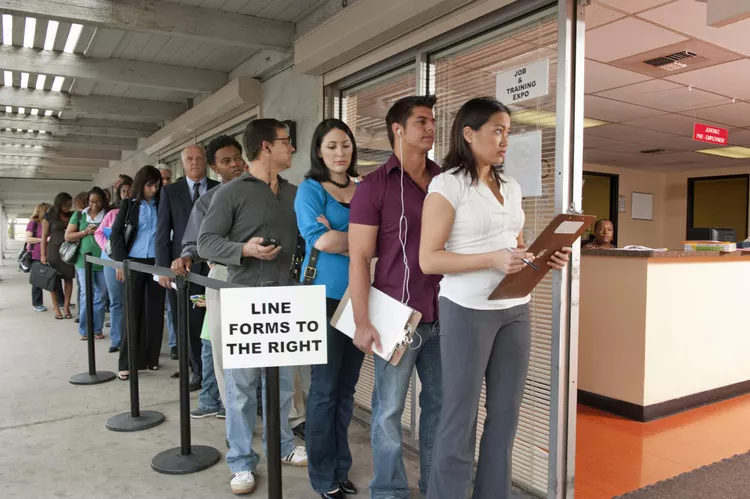DEFINITION
Notarized Documents are those that have been certified as authentic by a notary to ensure their authenticity. Notarization involves the recording and witnessing of the signing process of documents in order to ensure that it is not fraudulent and the authorities can trust the documents.
The Key Takeaways
- Notarized documents are authenticated by a notary to ensure their authenticity.
- Notaries are not trained to prevent fraud, nor do they provide legal advice. They only verify identity, witness signings, and record notarization processes.
- You must take a number of steps to have your documents notarized, such as leaving the signatures blank until you can get a notary to witness.
- Documents can be notarized in many places, including financial institutions, law offices, post offices, and other businesses.
- Online notarization is possible for some documents that are less formal.
Definition and examples of notarized documents
Notarized documents are those that have been signed before a notary and verified for authenticity. Notary publics are official who verify the identity of everyone signing the document. They also witness the signatures and record the act.
Notarization is usually required for documents that deal with important legal or financial matters. This requires a high level of trust between all parties involved. Notarization is also required for documents with the potential to be fraudulent.
You may not be around to witness a transaction, such as when you designate a beneficiary for a life insurance plan. Notarization is often required for documents such as transfers of title to real estate or cars, trusts and advanced directives, healthcare forms and other health-related documents, handgun permits and wills .
What is Notarization?
Notarizing a document simply certifies that the signature on it is valid. Notaries do not have to (or are expected to) read the document, provide legal advice, or evaluate it. Your notary will also not alert you to possible problems that you might be signing up for. They only verify the date and who signed a particular document.
Notarized documents may or may not be made official right away. A properly notarized and signed document can be sufficient if a valid signature suffices to complete an agreement. Consult a local lawyer for advice on the laws and regulations in your area.
The duties of a Notary
The notary’s role is to verify that all signatures are genuine. The notary performs a series or checks to ensure that the signatures on a document are legitimate.
- Verification of identity: The notary asks for identification before signing any document, and records the details.
- Signers who are willing to sign: Notaries should look for signs that coercion is taking place. If you do not like the content of a document, is it your free choice to sign or are you being forced? 3
- Capable to make sound decisions:A Notary should ensure that signers have the legal capacity and are in a state where they can understand what they’re doing. The notary can’t notarize a document if the signer is under the influence of alcohol, drugs, or otherwise unable to comprehend what they are signing.
If there is any problem with the signer, a notary may refuse to validate that signature.
Note:
You can get a document notarized that implicates you in an illegal activity. It’s possible to get a notarized document that does not comply with the laws of your state and is useless. You must know what you are signing, as notaries cannot provide legal advice.
Notarized documents: Requirements
You’ll have to go to a notary, show your ID, and sign a document in order to get it notarized. Before you begin, make sure that everything is in order.

Bring official identification
The notary may ask you for identification in order to verify your identity. A government-issued photo ID such as a passport, driver’s licence, or any other official document will do. State-specific requirements may vary. The notary can refuse to notarize a document if he is not sure that you are the person you claim to be. No one is required to notarize any document.
Wait to Sign
Bring a document that is not signed to the notary. Do NOT sign it before you arrive. In most cases, the notary will need to see you signing. They can’t verify your signature if they don’t see it.
Fees
You may be required to pay a modest fee, depending on where you choose to have your documents notarized. Don’t be surprised to see a fee. Notaries need to make money in order to run their business, keep up with the changing laws and keep records. You’ll typically spend less than $25 and it could be as little as $5 depending on your state.
Where to get documents notarized
Notarization of legal documents is available in many places.
Financial Institutions
You can find a notary at your local bank or Credit Union . The service may be provided for free if you are an account holder. If you do not have an account at a financial institution, they may still be willing to notarize documents for you.
Other Businesses
Notaries are often available at local and well-known businesses. As services can vary by location, it’s best to call before you go. The service is also dependent on the availability of an employee. Make sure that they are on duty at the time you intend to visit. Notaries are often found at these places:
- Shipping stores (FedEx or UPS stores for example)
- Office supply retailers such as OfficeMax and Staples
- Money Transfer Stores and Check Cashing
- Car dealerships
- Local convenience stores
- Notaries are often employed by tax preparers, law firms and other offices. Ask your attorney if they have a notary on staff if you need to get a document notarized.
Individual Sources
Online, you’ll be amazed at the number of people who are registered. You can find notary publics who work from home or in less obvious locations.
Note:
Mobile notaries will come to your home, office or any other location and assist you with documents.
Online Notary
Online notarization is possible, but it is important to confirm that the document’s recipient accepts this method. In some situations, like real estate transactions in some states, a notary in person is required. In order to notarize most legal documents, the process must also be done in person. Online notarization may be a good option in other circumstances (especially if you are in a hurry or need to sign fewer formal documents). The notary will verify your identity online and take a video of your signature. Notarize, for example, offers Virginia notary service (which may be valid throughout the country) for $25.
Online notaries are required, depending on the state they live in, to attend training sessions and pass exams just like in-person notaries. Each state has their own rules and regulations.











